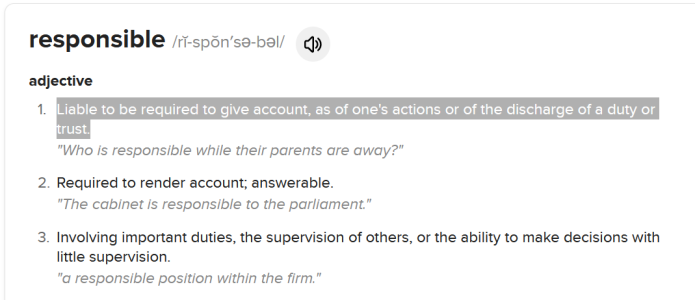- Joined
- May 27, 2023
- Messages
- 8,857
- Reaction score
- 8,273
- Points
- 175
- Faith
- Christian/Reformed
- Country
- US
- Politics
- conservative
I have had that fighting spirit for the church and gospel, the war drums of the Scottish Highlands, for a long time now. SOmetime it lies quietly and then it finds me metaphorically stand, and there I stand, with sword and shield. Sometimes only in prayer. I am often reminded of Nehemiah and his lament, "Our walls are broken down, and our gates are burned with fire." And the way in which he placed watchman on the walls and when the enemy approached the alarm was sounded and the men took up arms.The world has affected our churches, even many genuine believers. Free will (individualism) is the idol. It is an easy idol for the devil to use. My heart jumped for joy when I read, that this makes you want to take up your sword and shield. And isn't that what we must do? All believers. It's a battle for the mind. I have even heard Christians say, that the gospel is only for those outside the church to get lost sinners, not for in the church. I believe that is one of the biggest lies of the devil. I believe myself and every other believer needs to hear the gospel all the time.
Wherefore I will not be negligent to put you always in remembrance of these things, though ye know them, and be established in the present truth. 2 Peter 1.
Many years ago I had a dream, and I do not think the dream meant anything or was a message from God, but it certainly encapsulates my inner self. It took place in the days of the westward movement the whole church I was attending at the time (it was a small church in a small Nebraska town) was in a wagon train crossing the mountains in a blizzard. There were wolves shadowing us, waiting for opportunity. Everyone said don't look at them and don't say anything or they will attack. Even the pastor agreed. But not me. I left the wagons and marched headon towards them commanding they leave. Everyone was terrified at what I was doing. But they turned and fled, every last wolf.
I do not know if I am the least bit effective, and of course I am not. If anything is accomplished it is God doing it through His word and whatever He wants it to accomplish. But it is important to remember, the gospel both saves and condemns.


